The United Nations Organization Stabilization Mission in the DR Congo (MONUSCO) confirms that a Burundian army detachment is present in the East of the DRC, at Kiliba Ondes in South Kivu. Lambert Mende, the Minister of Communications of the Democratic Republic of the Congo, refers to the operation as military routine. Bujumbura mentions that the military forces in the DRC are there for information exchange between the two countries.-By E.N. Translated from French by J.Berchmans Siboniyo
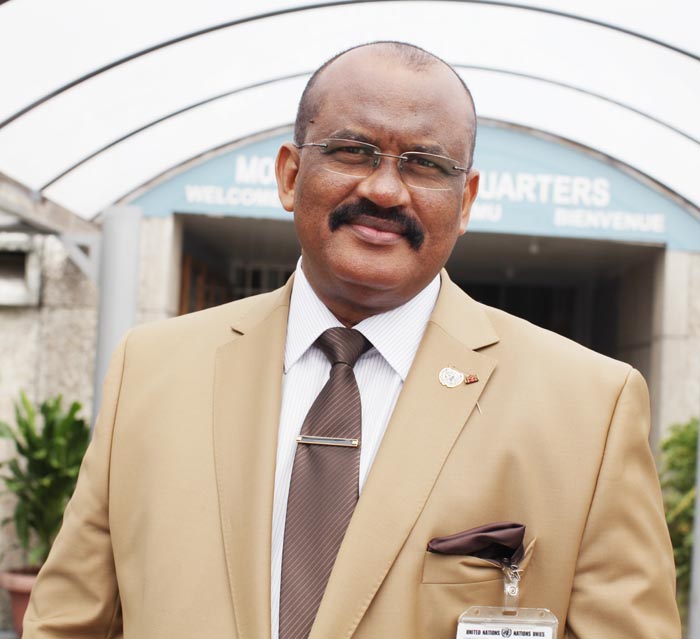
Gnl. Abdallah Wafi: : “Burundian and Congolese armies have operated together for some years in the perspective of securing shared borders.”
Up to now Bujumbura, Kinshasa and MONUSCO have always denied the presence of Burundian armed forces on DRC soil. General Abdallah Wafi, the Assistant of the Special Representative of the UN Secretary General in DRC confirmed the presence of Burundian troops in DRC on RFI (Radio France Internationale) on Friday 3October 2014.
He says that the detachment is settled at the bridge of Kiliba, in the Uvira region, and adds that the presence of the detachment is not new. “Burundian and Congolese armies have operated together for some years with the aim of securing shared borders.” He explains that the Burundian forces lead operations against Burundian rebels, who claim to be combatants of the National Forces for Liberation (FNL). “If no operation took place this previous year, it is because preparations for voluntary or forced disarmament of the Burundian rebels are underway”, the UN mission mentions. “As far as I know, the presence is not that new”, says General Abdallah Wafi on RFI.
In response to the accusations of local civil society organizations, the Assistant of the Special Representative of the UN Secretary General in the DRC says that MONUSCO is not aware of any mistreatment committed by Burundian soldiers in the region.
Routine operation
Since Monday evening, our sources at the Burundi-DRC border mention a movement of Burundian soldiers leaving the DRC. In an interview with RPA journalists, Lambert Mende, the Spokesman of the government of DRC seems to dismiss the issue: “It is a simple back-and forth movement, not a forced departure.”
Ever since the Burundian and Congolese armies have consented to exchange security information there have movements like this, he says. “There are and there will be movements tomorrow and after tomorrow.” He indicates that the Burundians soldiers are not permanently stationed in the DR Congo. He said that civil society organizations say that Burundian soldiers have not left the east of his country, and responds by saying: “They exaggerate.”
Concerning the presence of Imbonerakure, the young militants of the Burundian ruling party, Mende says that is a problem of the Burundians. “They mustn’t bring their own problems in the DRC”, he says. “Neither MONUSCO nor the civil society have mentioned ‘Imbonera’ (Imbonerakure)”, he adds.
“We only heard about that from Burundian politicians”, the spokesman of the DRC government declares. According to him, Burundi’s political class must learn how to compete among themselves, without involving their neighbors.
When asked of the Burundi Government’s reaction, spokesman Philippe Nzobonariba oriented journalists to the Ministry of Defense, saying that it is a technical issue.

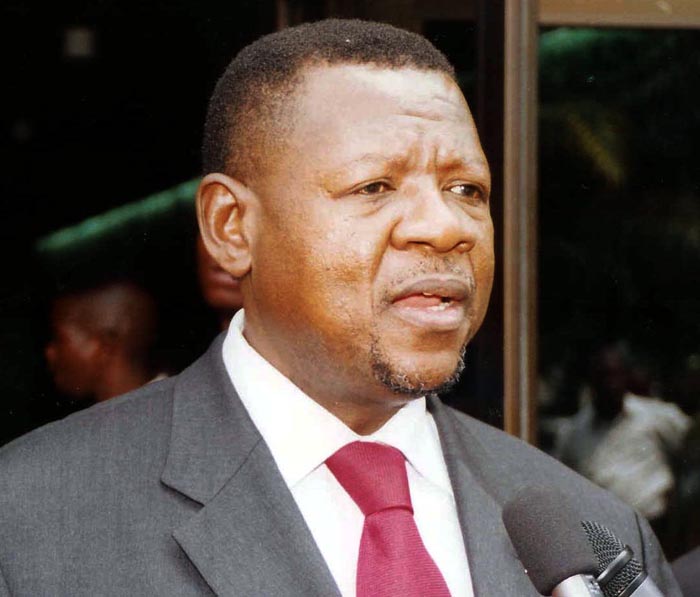
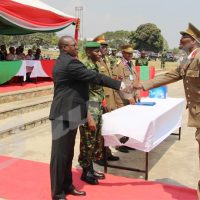
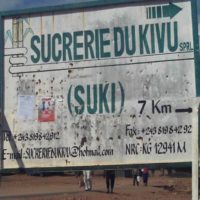
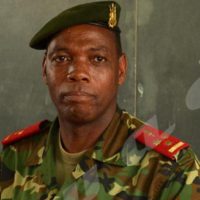














 IWACU Open Data
IWACU Open Data

